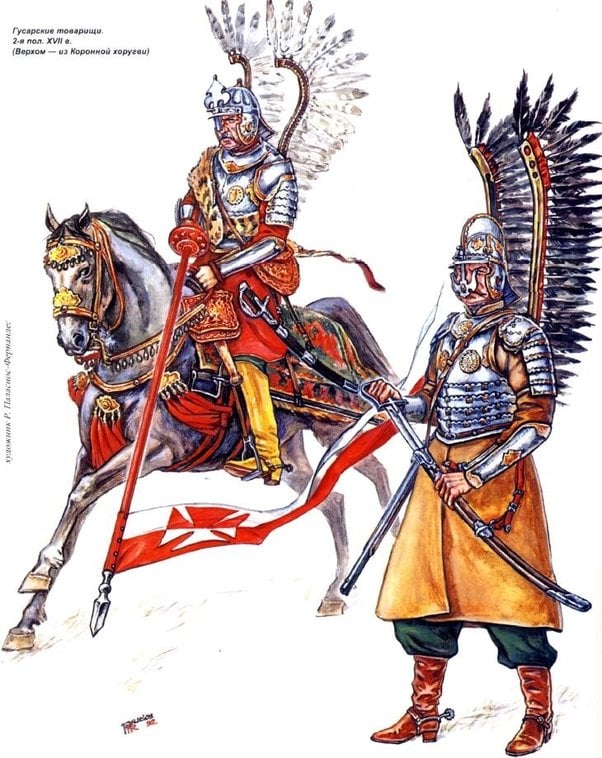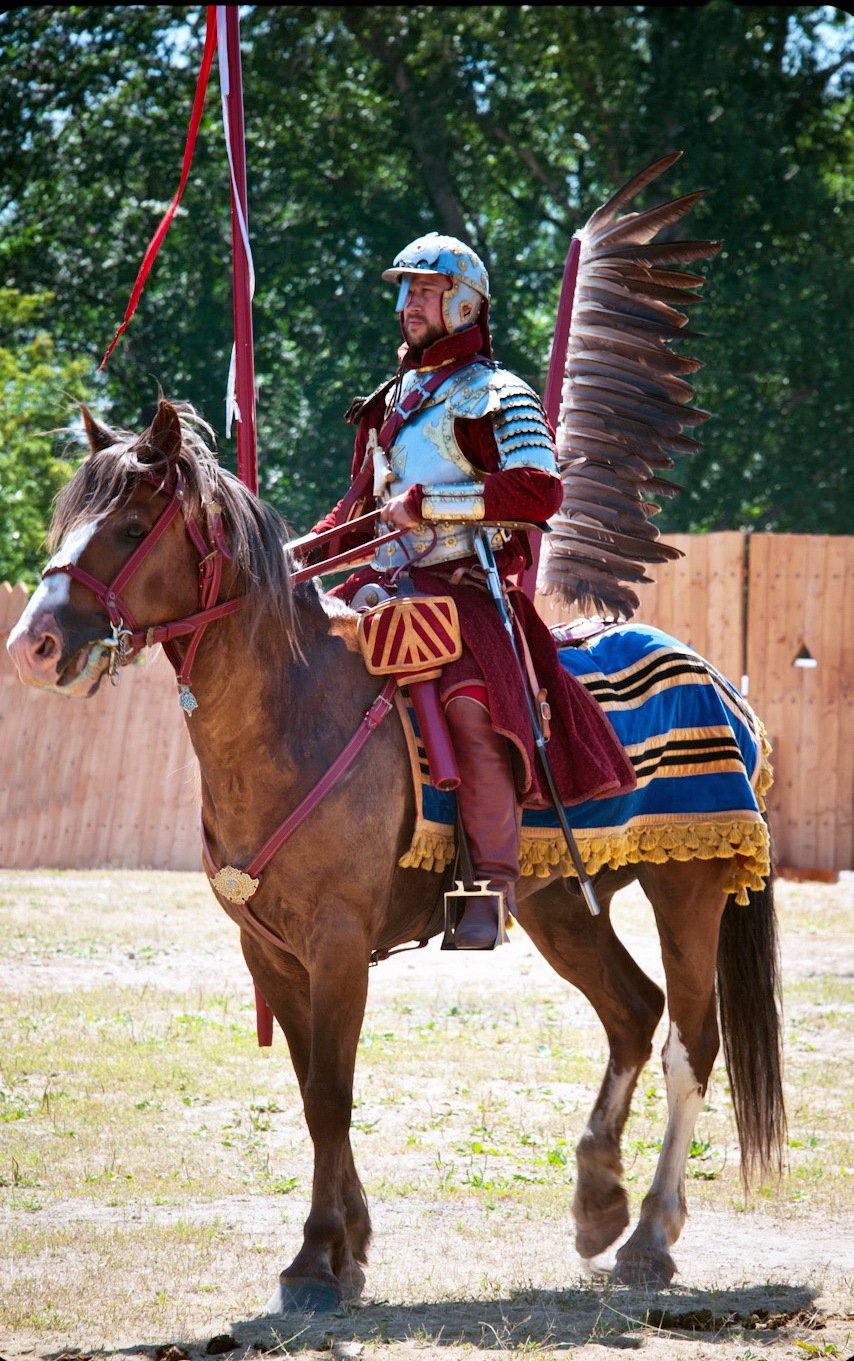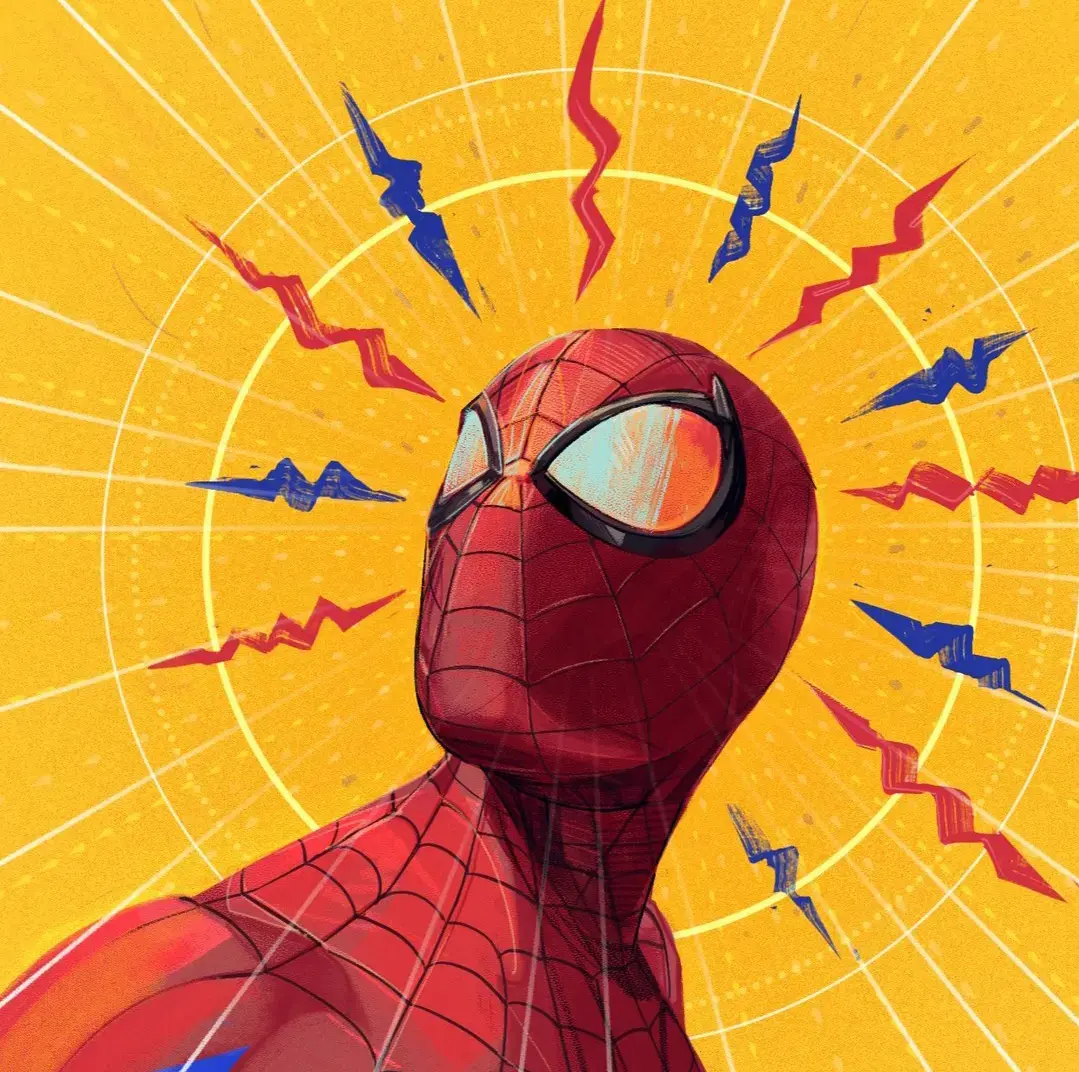Let the infodumps begin! 🔔🔔🔔
Emu war! Australia vs emus, and as I understand it the emus won.
I’ll die on a hill that says that the First World War was more historically significant than the second.
Just about everything that’s giving us issues on the world stage today is a result of decisions during, and after, the armistice; from the Sykes-Picot agreement fundamentally creating the current middle east crisis, to the American rise to dominance in it’s wake because the vast majority of wealth transferred there as each European country came to them for loans to arm and supply their men.
By the time the war ended, The entire economic centre of the world had changed from Europe to America.
I agree and I’d like to add that education systems that treat WW2 as the war to understand is actively harmful.
In part due to characteristics of the war and in part due to how it is taught and remembered.
Just 2 examples
- WW2 can be quite easily presented as having clear good guys and bad guys which makes it fairly unhelpful to study to understand modern conflicts.
- Chamberlain is consistently painted as a naive idiot for trying to prevent a war through diplomacy. Whether or not it was futile in that case isn’t really relevant, when WW2 is the only war most people study in any depth then all attempts at avoiding conflict get characterised as naive appeasement.
Not an expert, but just a casual history fan…
The Great Turkish War had the famous Battle of Vienna. The Ottomans had Vienna under siege until the Polish Hussars showed up. They were the elite fighters, selected from nobility, they had the money for the best gear and best training. They had very flashy outfits, banners, and wings!
Three thousand Hussars lead a group of 18,000 mounted cavalry to swarm the Ottomans, breaking the siege, saving Vienna, and started the string of defeats for the Ottoman Empire losing much of Hungary to the Holy Roman Empire.
I can’t begin to imagine the sound of 18,000 charging horses, what shock that would put into a soldier that thought they had almost won a great victory, and how frightening it would be to see 3,000 winged special forces in heavy armor bearing down on you.
Here is a historic representation of a Hussar and a modern reenactor.


Other than that, World War I came at such an intriguing time. All kinds of new weapons appeared from gas weapons to tanks and real machine guns and automatic rifles and pistols. Meanwhile, people are still trained in cavalry charges, bayonet fighting, carrying swords, and firing single shots. It began the world’s change to modern warfare. So much became outdated in the course of a few years, and where we are today really began here.
Did you know that an American soldier died in the literal last thirty seconds of the war? He was trying to restore his honor, sadly. (And both sides were yelling for him to stop, but he charged.)
I don’t think I’ve heard this story. Found this Time article and read it quick though.
It sounds like politics and propaganda did this fellow in as much as the machine gun. The effects of war beyond the actual combat interest me more. Watching borders and leaders change, societies adjusting their values, new technology and tactics…
Yup. Stupid societal expectations.
Especially for someone drafted to go to a war they had no desire to participate in. How you’re going to shame someone for not wanting to be there seems morally wrong. After a few years of being in the thick of things, all while having “your side” hate on you too, it’s hardly any wonder if he didn’t feel he had anything to return to after the war was over.
Agreed. It’s an incredibly sad story.
World War II
An interesting fact about it is that Hitler’s subordinates were afraid to wake him up the morning of the Normandy invasion, and because of that, reinforcements weren’t ordered to the battle.
It’s wild to me that Hitler having a drugged stupor changed the course of the war.
The Gothic Wars (the ones with Belisarius retaking Italy from the Ostrogoths). I just like the irony that centuries after the Punic wars, there was another war where People invaded Italy from Carthage, but this time they were the Romans.
Not much of a war, really just a naval blockade, but I think that the Venezuelan crisis of 1902 is maybe the most overlooked major event of the 20th century.
Basic breakdown: Venezuela took out shitloads of loans from England and Germany in the late 1800s. In that same time, they underwent a series of revolutions. The dude who ended up in charge decided that he didn’t want to pay off the debts that somebody 5 governments ago had accrued. He also assumed that the US would keep the European powers from doing anything about it based on the whole manifest destiny thing. Teddy Roosevelt however decided that he would keep out of it.
A bunch of British and German warships then anchored just off the Venezuelan coast and started taking ships and messing with all the marine traffic. The British mostly led the charge on this whole operation, except for one time that a German ship bombarded a little base called Fort San Carlos, killing a couple dozen people.
This entire time, Americans had kind of been stewing about this whole thing. The bombardment was a tipping point, and the US started putting pressure on Britain and Germany to get out of our sphere. The British said that they had given strict orders not to attack any land-based targets, so the blame landed firmly on the Germans. A couple weeks later all the countries agreed to terms of arbitration.
All of this seems relatively tame on the scale of international conflict. However, 12 years later this massive fucking war broke out between all these European powers. They beat each other up for years, and everything seemed to be going really poorly for everybody. Then the US decided to join.
A lot of people don’t realize how close it was, which side of the war the US would fight for. Generally we had better relations with the Entente powers (Britain, France and Russia) than we did with Germany, but there were millions of German immigrants living in America and it had been less than a century since Britain had burned down our capitol. The Venezuelan blockade played a large part in our decision, just because the general populace had this idea of “Germany bad” because of it.
Now, American troops didn’t do well in WWI. They mostly got their asses kicked. But just the fact that there were fresh troops being infused into the lines meant that the momentum shifted towards the Entente powers (now Britain France and the US). Within two years the war is over, Germany surrenders, signing a shitty-ass peace accord that all but guarantees that WWII will happen.
I’ll admit that this is a bit of an oversimplification, and a bit of speculation on my part. But I really believe that the entire 20th century would have been completely different if that blockade had gone differently. The Soviet revolution, Mussolini, Hitler, the Holocaust, Chairman Mao, the Cold War, Vietnam, etc. All of that might not have happened if that German captain had gotten the memo to not shell land-based targets.
The U.S. Civil War has so much craziness. It took place in such a transitional time in terms of technology and tactics.
Ironclads on their own are an entire topic. I’ll plug my own post made after recently visiting the Civil War Naval Museum.
Beyond the maritime side there is the transition of just about everything from small arms to strategy. You’ve got the beginnings of articulated maneuver warfare.
The first Medals Of Honor in the U.S. were awarded during the Civil War for a group of guys who stole a Confederate train and then got into a train chase.
There is General Burnside who is my spirit animal of a General because he seems like an incredibly smart and self aware person who constantly came up with good and creative plans which were then screwed up by other people and then he got the blame for.
Current wars and WW2 would easily take the win there, but I’d like to introduce you to the March of the Dead) circa 1915.
I don’t have a favorite ‘actual’ war, but my answer is the the internal war. Some of us fight harder and take more damage than others, and some don’t have much conflict at all… or at least that’s how it seems. I wonder how much better the world would be if more people paid attention to the inner war and learned from it? Sometimes it’s only as serious as two worldviews that don’t mesh properly.
4th Shinobi World War, a masked 1 eyed guy started it and another 1 guy alone killed thousands of other guys just with his fists and threw 2 fucking massive meteorites at his enemies








